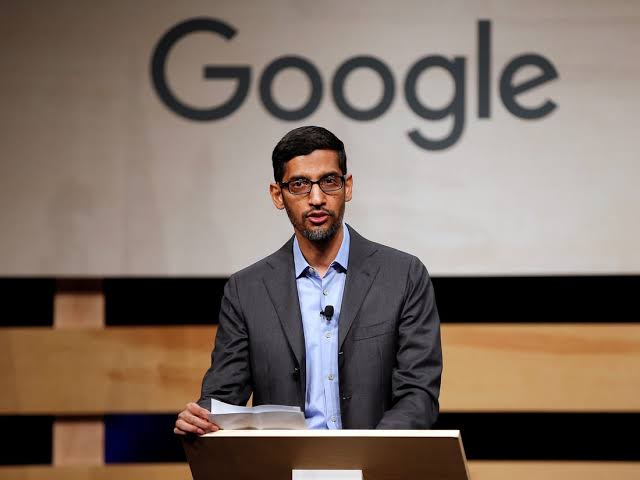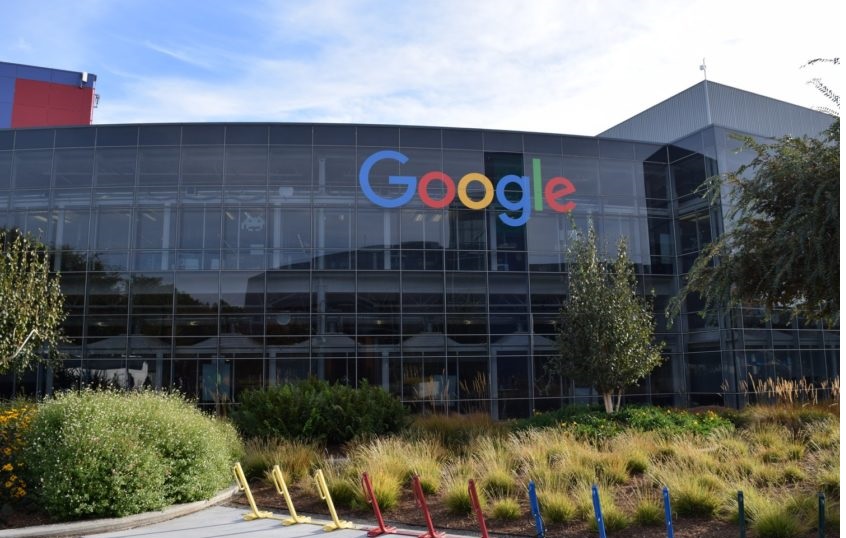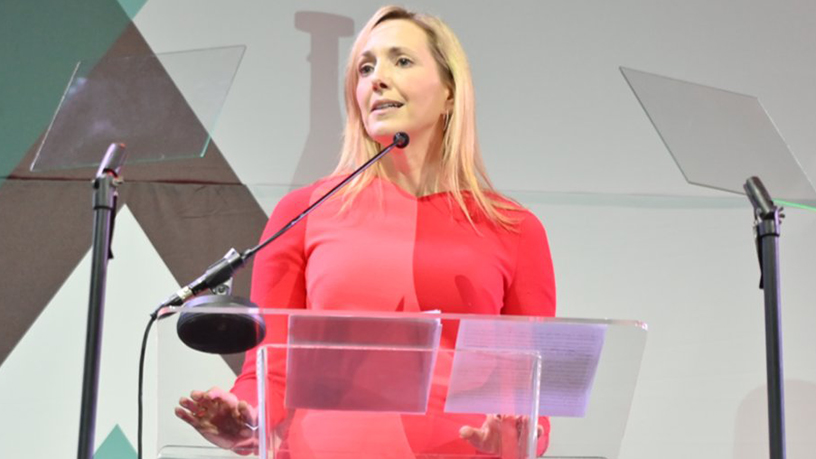Openserve Connects Google’s Equiano Cable to South Africa
Openserve, one of South Africa’s largest network infrastructure providers, announced that it has facilitated the landing of the Equiano subsea cable, the world’s largest undersea cable that runs along the west coast of Africa, from Europe to Melkbosstrand, Cape Town.
The Google Equiano undersea cable system arrived at the Openserve cable station facility in Melkbosstrand on Monday, 8 August 2022.

Openserve’s cable station facility will serve as the SA landing station and will offer terrestrial services, connecting the cable landing to South African carrier-neutral data centres.
Read also Google Wallet and Google Pay launched in South Africa
“The landing of the Equiano undersea cable marks a significant moment for the SA telecommunications industry,” says Althon Beukes, Openserve CEO.
With the landing, Openserve will now have access to a new submarine system offering connectivity to Europe which will provide additional diversity for international communications.
In the initial design, Openserve will have 12Tbp capacity, with current technology and 16Tbps will be possible with upgrades.
“The arrival of Equiano will also have a meaningful impact on the domestic economy through encouraging digital inclusion by making connectivity accessible to more South Africans,” Beukes adds.
Read also Ecobank Group Launches 2022 Edition of its Fintech Challenge
Equiano runs from Western Europe, along the west coast of Africa to South Africa. Equiano is the first submarine cable to incorporate optical switching at the fibre-pair level as opposed to the traditional approach of wavelength-level switching.
The private undersea cable has a capacity of 144 Terabytes per second, which is 20 times the capacity of the last cable built to serve the region. In July, Equiano landed in Swakopmund, Namibia. The cable stretches from the coast of Portugal with landing stations in St Helena Island, Togo, Nigeria, Namibia and South Africa as the final point.
“We are committed to supporting Africa’s digital transformation and we are excited by the possibilities brought about by the arrival of the Equiano subsea cable to its final destination. We have partnered with Telkom/Openserve on this initiative and hope it will be a great catalyst to help grow the economy,” commented Nitin Gajria, Google Sub-Saharan Africa MD on the landing of Equiano in South Africa.
The increased connectivity capacity that Equiano brings is expected to yield significant benefits for the relevant countries. This includes increased broadband penetration and higher internet usage.
Read also African Venture Builders Invited To Apply For I&P Conseil Investment Readiness Program
This will subsequently create economic benefits through the growth of the Information communications technology industry and the digital economy.
The Google Equiano undersea cable is expected to be operational at some point in 2022.
Kelechi Deca

Kelechi Deca has over two decades of media experience, he has traveled to over 77 countries reporting on multilateral development institutions, international business, trade, travels, culture, and diplomacy. He is also a petrol head with in-depth knowledge of automobiles and the auto industry




















